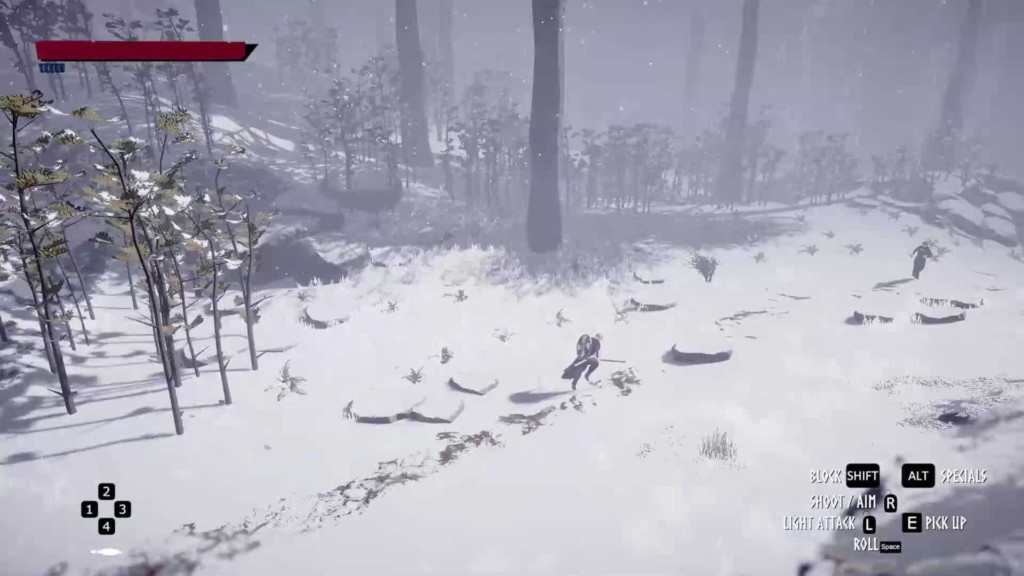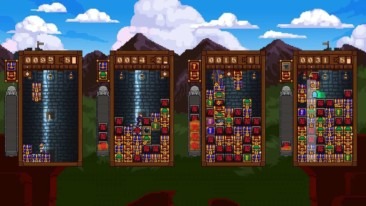Monthly Column – February 2019 Top 3 Curiosities
In the depths of a bleak winter, a loan man – weathered and beaten by the frigid winds, but yet unbroken – strides out over the frozen landscape toward the…fjords…or whatever.
His lonely quest: to uncover some of the best underrated indies of February, and win the favor of his remote and unfeeling gods…or at least help some of his readers find a new game or two.
In that spirit:
Fimbul
by Zaxis
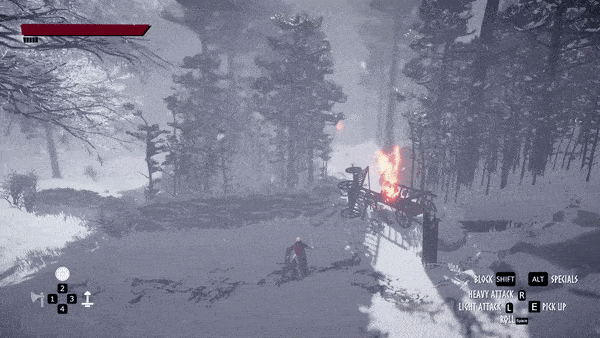
As a pretty big fan of all things Viking-related, Fimbul definitely scratches that itch.
A third-person action game with comic book-inspired cut scenes – and skillfully done ones, at that – it doesn’t quite have the poignancy of The Banner Saga or the cartoon beauty of Jotun, but it makes up for that in verisimilitude. This isn’t a fantasy loosely inspired by Norse legend; this is an accurate retelling in video game form.
That accuracy comes across in the visual presentation – the stark color palette of snowy paths through dark forests, punctuated occasionally by the orange of flames lapping at a longhouse or the rich red of a warrior’s tunic – and its themes.
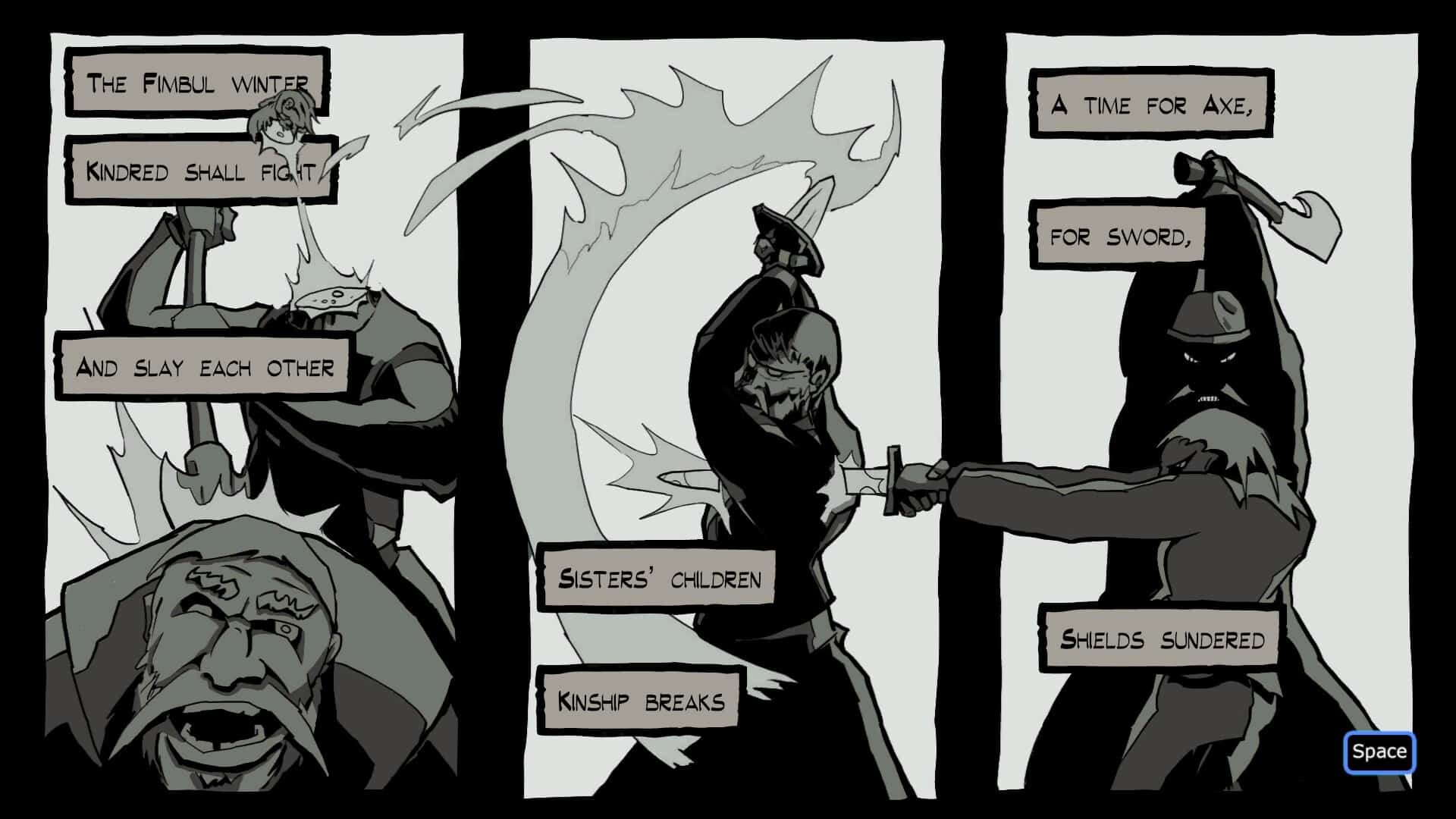
While it does tell a story larger than life, taking its name from the final, terrible winter before Ragnarok, Fimbul also tells a human story of brother warring against treacherous brother; family feuds and betrayals were as big a part of Viking-era storytelling as gods and giants, if not bigger.
You won’t find horned helmets here, just functional steel skullcaps and breakable wooden shields, but while there are plenty of games that make you feel like you’re in a superhero movie or fantasy film, Fimbul took me closer than I’ve ever been before to feeling like part of an Icelandic saga.
Mech Chip
by Plutoneus
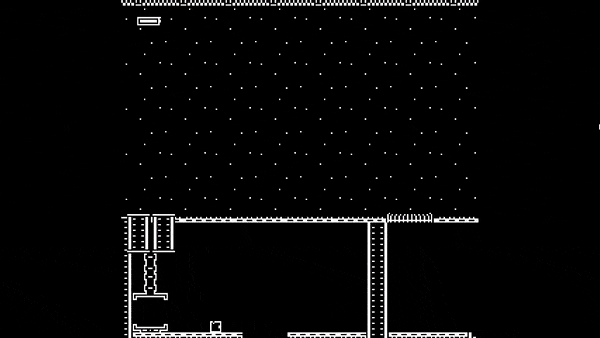
A very minimal take on the side-scrolling exploration game – I still loathe the word “Metroidvania” – Mech Chip is an exquisitely designed minimalist maze of traps and hazards that reminds me of playing games on the Apple II. Multiple color palette choices in the vein of Downwell add to the retro charm.
Starting off as a computer chip, you’ll find various single-function mechs to unlock. The first, for example, has a high jump, which will let you reach higher platforms and rooms previously out of reach.
It’s very difficult, requiring experimentation to succeed, and the solutions to its environmental puzzles take a lot of careful observation and poking around, but I can’t get over how well the developer managed to shave off every extraneous bit.
Stardrop
by Joure Visser
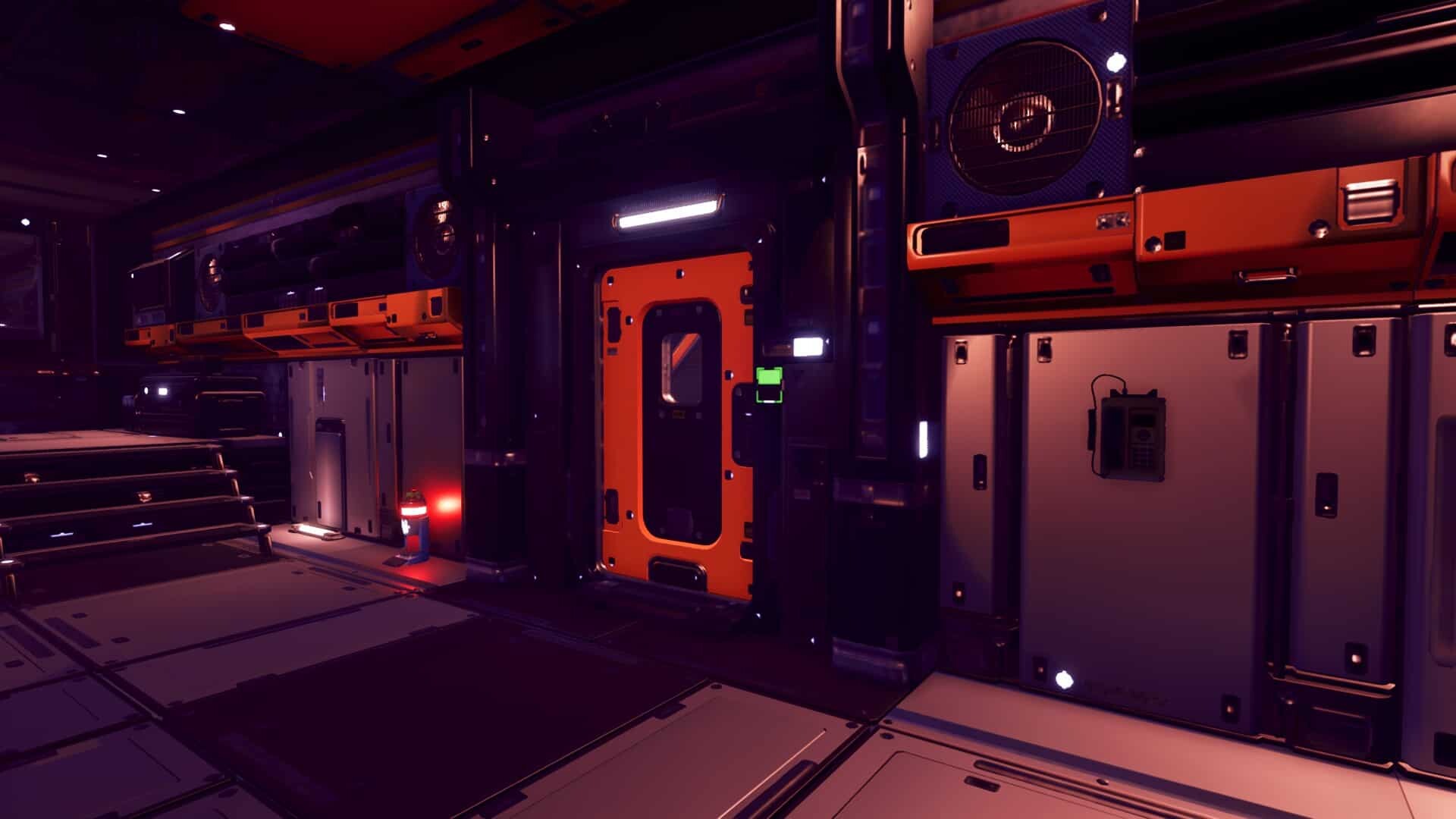
A science fiction story in first-person adventure form, Stardrop hooked me right away with spaceship designs inspired by ‘70s-era British illustrators like Chris Foss.
Its internal locations feel futuristic but alive and are a pleasure to wander around. Preliminary work on this game garnered developer Joure Visser a Best 3D Graphics award in the 2017 Intel Level Up Contest, and it’s easy to see why. I’ve played a lot of games set on space stations and derelict ships, but not many that felt this real and lived in.
The obvious comparison here is Tacoma; this game is similarly futuristic but human in its location design, focuses more on narrative and exploration than puzzles, and uses science fiction trappings to tell a story about human beings. But Stardrop has its own story to tell, and its richly developed locations and the camaraderie between its main characters make it a joy to hear.
Favorite Flawed Beauties
Here are a couple of games that crossed my path in February that I can’t recommend without a few qualifiers, but that are beautiful enough in their own way to deserve mention:
Wings of Glass
by Artsy Sayuri
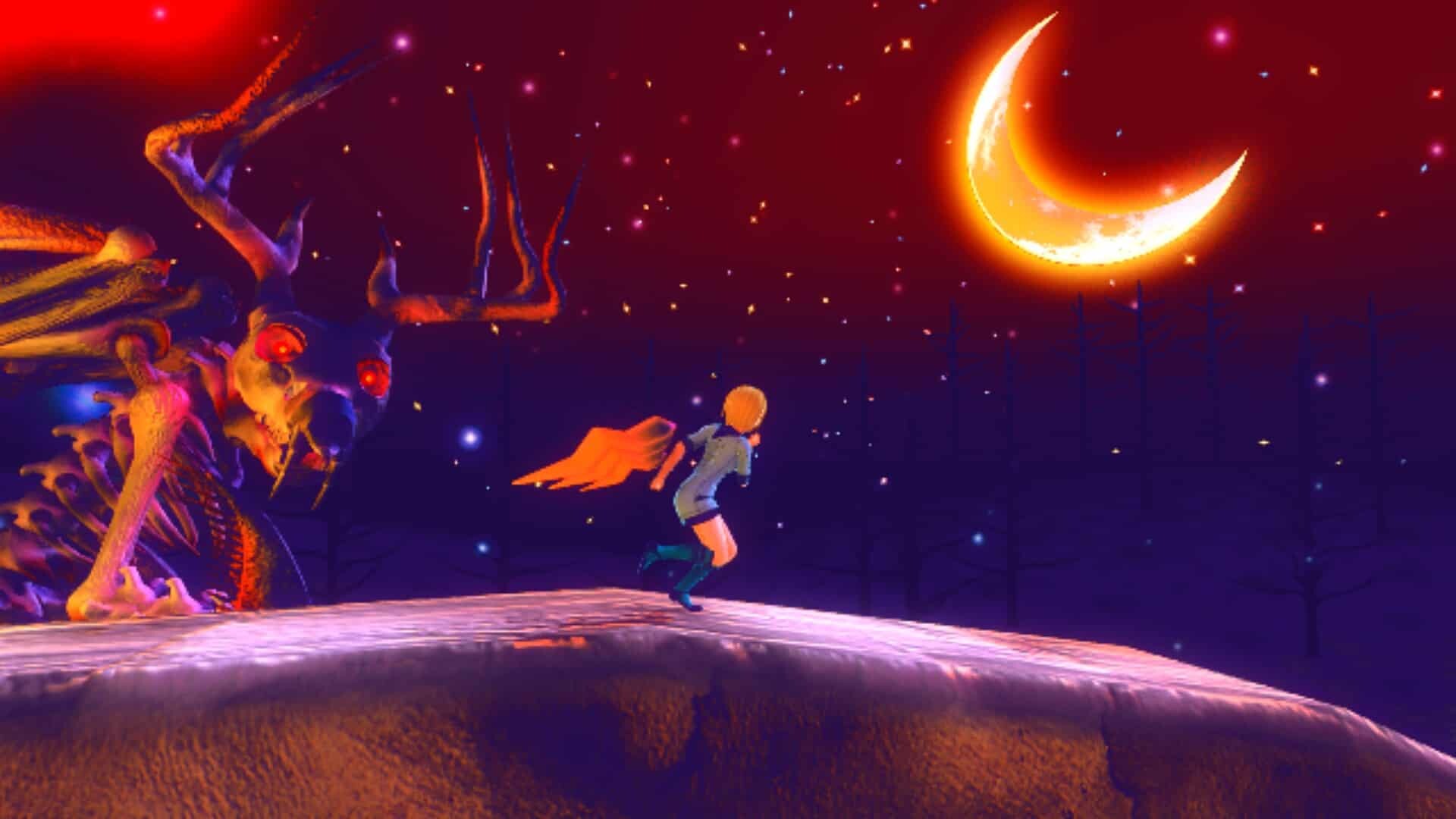
Despite its strong Japanese influences (not to mention some awkward dialogue that feels a bit like a fan translation), this emotive 3D platformer was made by a developer in the midwestern United States.
What really struck me about Wings of Glass were its emotive, allegorical story and a psychedelic visual approach that’s like Sailor Moon by way of Sid and Marty Krofft; the antagonist, in particular, feels more like a creepy stop-motion puppet than an anime villain.
While it’s a bit lacking in polish, this is a promising debut, with a unique and individual personality already shining through its obvious inspirations.
Macrotis: A Mother’s Journey
by Proud Dinosaurs
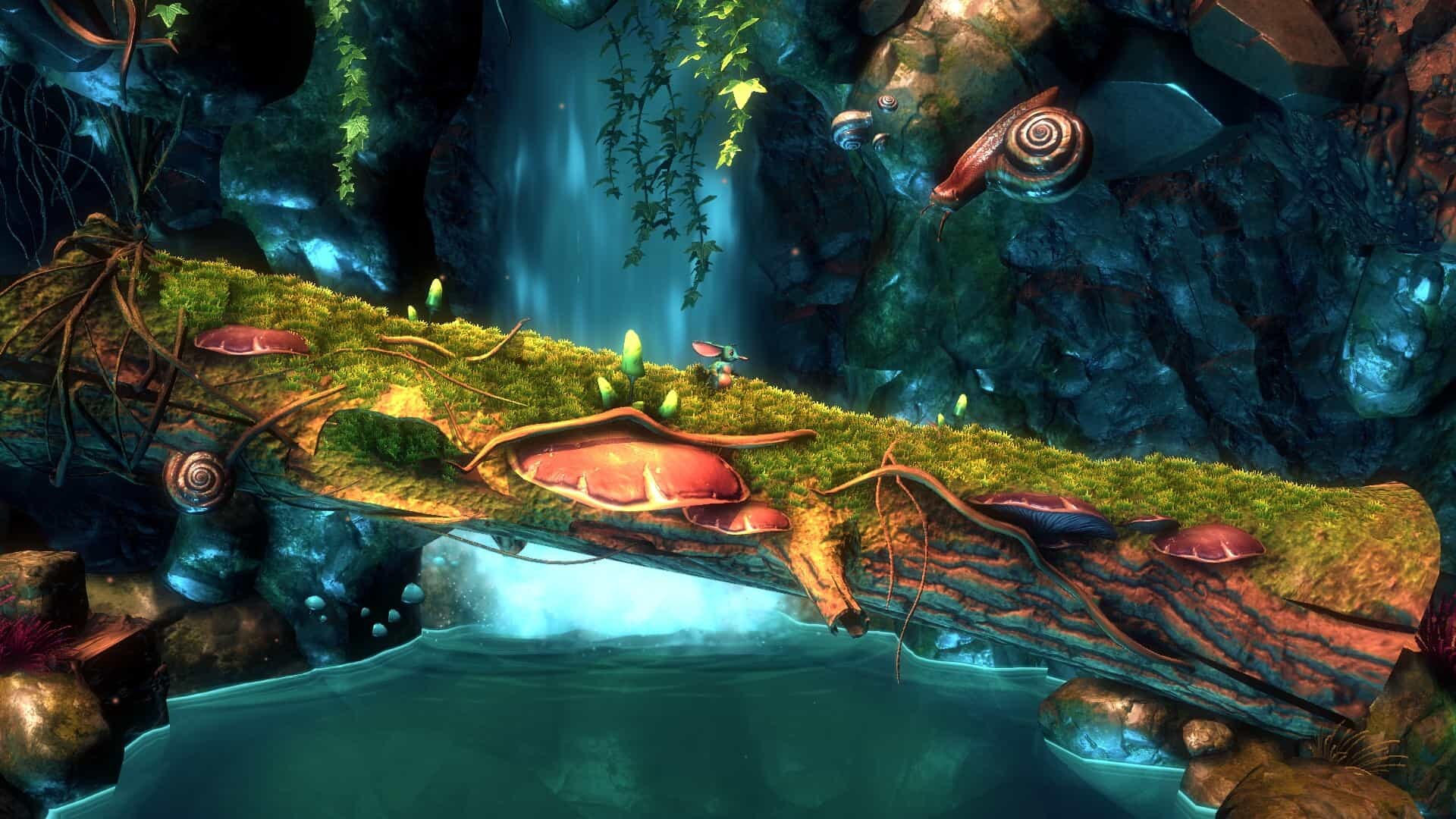
The main character in Macrotis: A Mother’s Journey is a bilby, which is to say a relative of the bandicoot. This puzzle platformer owes more to the Trine series, however, than to any number of Sonic the Hedgehog clones, with more block puzzles than speed bursts.
While unforgiving platforming mechanics and some cloying cut scene art mars the experience, it’s worth giving this one a look for the colorful, richly detailed backgrounds alone.

